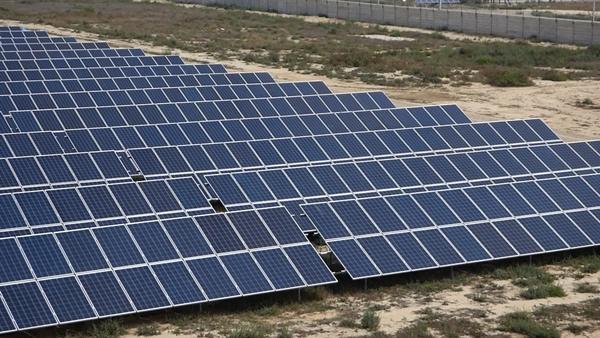Pakistan has unexpectedly become one of the main importers of the world of solar panels, importing 17 gigawatts only in 2024, rather than duplicating its intake of the previous year, according to the Global Electricity Review 2025 by the group of experts based in the United Kingdom Ember.
This growth has occurred without broad government mandates or international green finances. On the other hand, it is being driven by an ascending increase in the solar facilities on the roof in homes, small businesses and commercial users seeking relief of the increase in energy costs and chronic energy cuts, according to the report published in Independent.
“It marks a structural change in the way energy is perceived in Pakistan,” Muhammad Mustafa Amjad, director of the Program of Renewables First. He described the solar boom as a “survival response” in a country increasingly at a price outside its unreliable network.
The aerial satellite images of the Pakistani cities show that the roofs become blue as the solar panels proliferate. Ubaid Ullah, a Karachi -based energy expert, said: “If you look at satellite images of a Pakistani city, all roofs seem blue.”
Unlike most energy transitions formed by national policies or foreign investment, Pakistan’s change is being greatly driven by market logic and individual need. According to Ember, most of the new facilities are out of the network or behind the Metro, escaping from inclusion in official statistics and leaving the National Grid playing.
“The role of the network must adapt massively to remain relevant,” Amjad added. “Solar energy on the roof is quickly becoming the preferred energy supplier.”
Without large -scale solar auctions or important public investment programs, infrastructure and regulatory systems have fought to maintain rhythm. Experts warn that this decentralized energy revolution can lead to instability unless they improve planning and supervision.
The so -called “Public Services Death Spiral”, where users move away from the public network, eroding their financial base, already develops in urban centers, exacerbating the challenges during the peak hours of the afternoon.
Even so, Pakistan’s example provides important lessons for other Nations of the Global South. As Harjet Singh, advisor to the initiative of the Non -Proliferation of Fossil Fuels, explained: “It is not simply discarking; it is fundamentally to guarantee access to energy, boost economic stability and strengthen energy security from the cannon.”
Battery storage is expected to follow a similar base trajectory, further accelerating the change towards clean and distributed energy.




